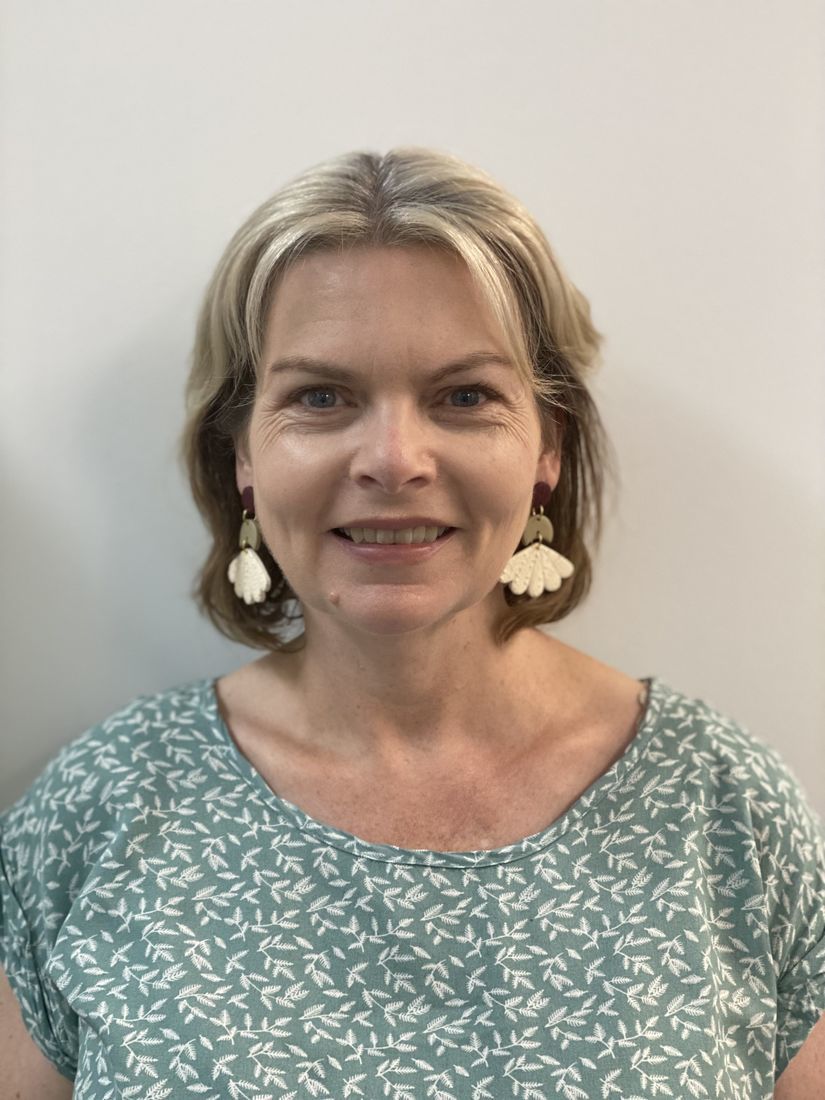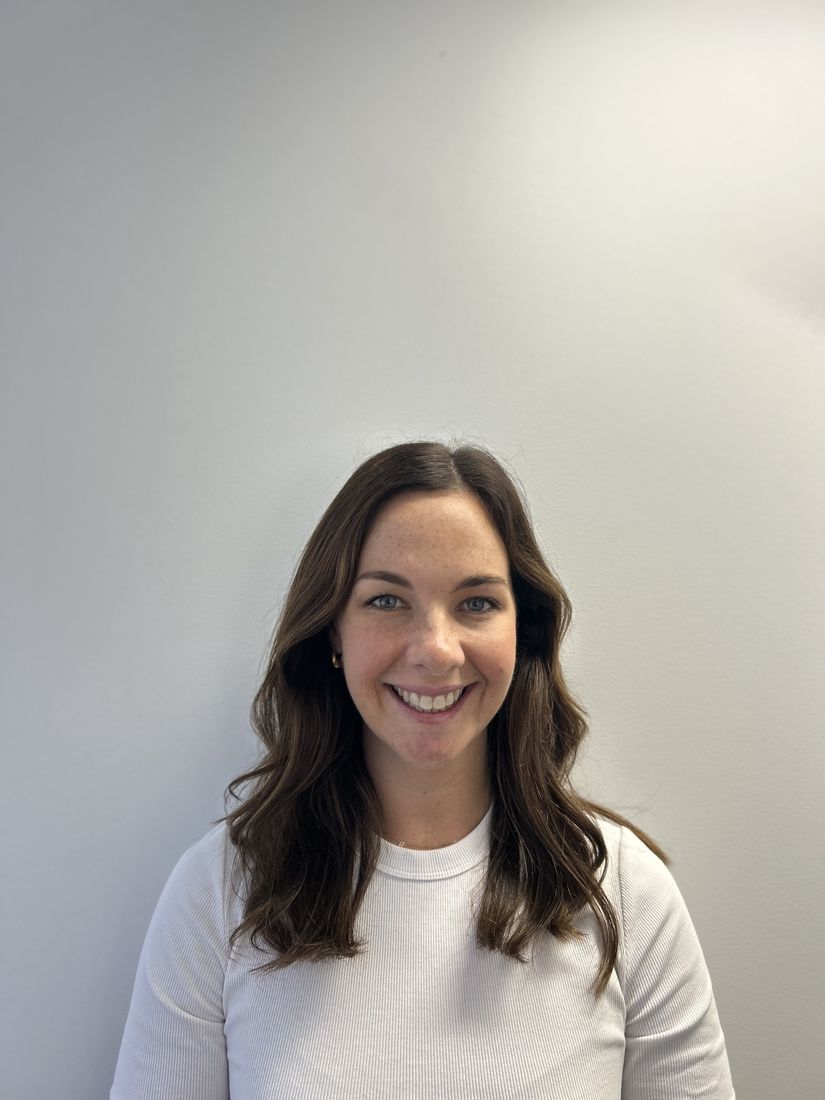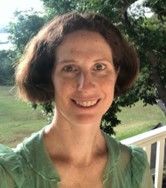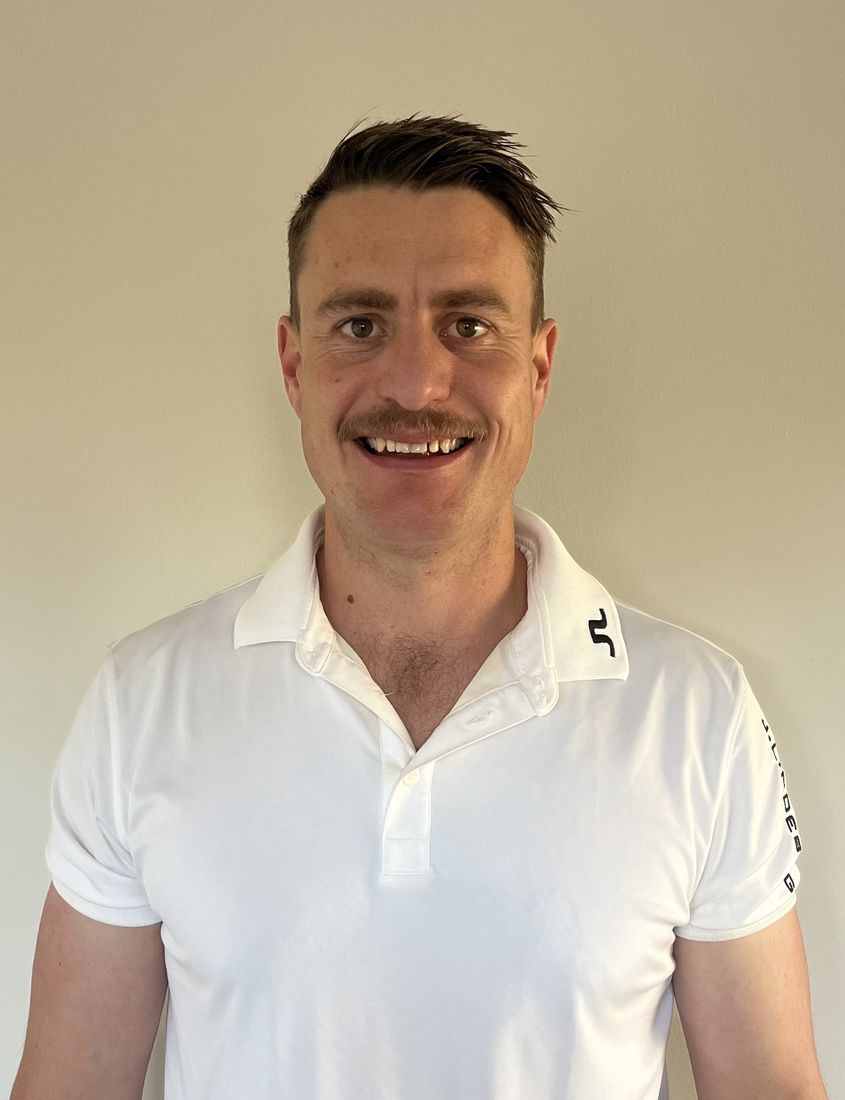Speech Therapists
|
| Vicky Scipione |
Occupational Therapists
|
| Rose Maskill - Currently on Leave
|
|
| Cate Hilly
|
Psychologists
|
| Nicholas Catto |
| Nicholas is a registered Clinical Psychologist who has worked in private practice in Canberra for the past five years. Originally from New Zealand, he completed his internship year working in an Adult Community Mental Health Service. Prior to moving to Australia in 2016, he worked for a Child and Adolescent Mental Health Service in their co-existing mental health and drug and alcohol youth service. Whilst trained in a number of different therapeutic techniques, Nicholas predominately uses a cognitive behavioural therapy and schema therapy approach to his work. | Nicholas sees clients from across the lifespan, working with children, adolescents, and adults. Nicholas is experienced in working with a range of mental health presentations including trauma, mood disorders, anxiety, and obsessive compulsive disorder, along with those who are neurodivergent. |
Peter Bland |
|
| Melissa Hogan REGISTERED PSYCHOLOGISTMelissa completed her Bachelor of Science in Psychology at the University of Canberra before completing a Bachelor of Psychological Science (Honours) at Bond University. Melissa is passionate about supporting children, adolescents, and young adults as they navigate the unique challenges of growing up. This has involved working with a range of presenting concerns including anxiety, stress, trauma, adjustment difficulties, social and relationship issues, schooling issues, anger and aggression, sleeping difficulties, grief and loss, and neurodiversity. Melissa’s approach is focused on building trusting relationships with her clients and providing a warm and empathetic space for clients to reach their full potential. Melissa is trained in a range of evidence-based therapeutic modalities though predominantly uses cognitive behavioural therapy, narrative therapy, and play-based therapy in her work. Melissa is also able to provide comprehensive assessments for AD/HD, ASD, and Learning Disorders to assist clients in better understanding themselves and helping navigate their differences with compassion. Melissa currently sees clients 6 years and older. |
|
| Jorja Zollinger - Currently on LeaveCLINICAL PSYCHOLOGISTJorja completed a Master of Clinical Psychology in 2016. Since this time, she has worked in the school system and in private practice with a particular interest in psychological assessment. Jorja believes that assessment is more than just a diagnosis, instead she see’s assessment as the beginning of a journey of understanding. In this vein, her reports are focused on understanding how a diagnosis applies to an individual, as well as what this means for their future functioning. Jorja aims to provide a comfortable, warm, and easy to navigate assessment process for families. Jorja does ASD, ADHD and learning assessments only and does not see clients for therapy. Jorja will be be on maternity leave from February 2025. |
|
| Sherly O'Hara - Currently on Leave CLINICAL PSYCHOLOGIST
|
Family Coaching
|
| Charlene Lalor |
Physiotherapist
|
| Joshua Carpenter |








